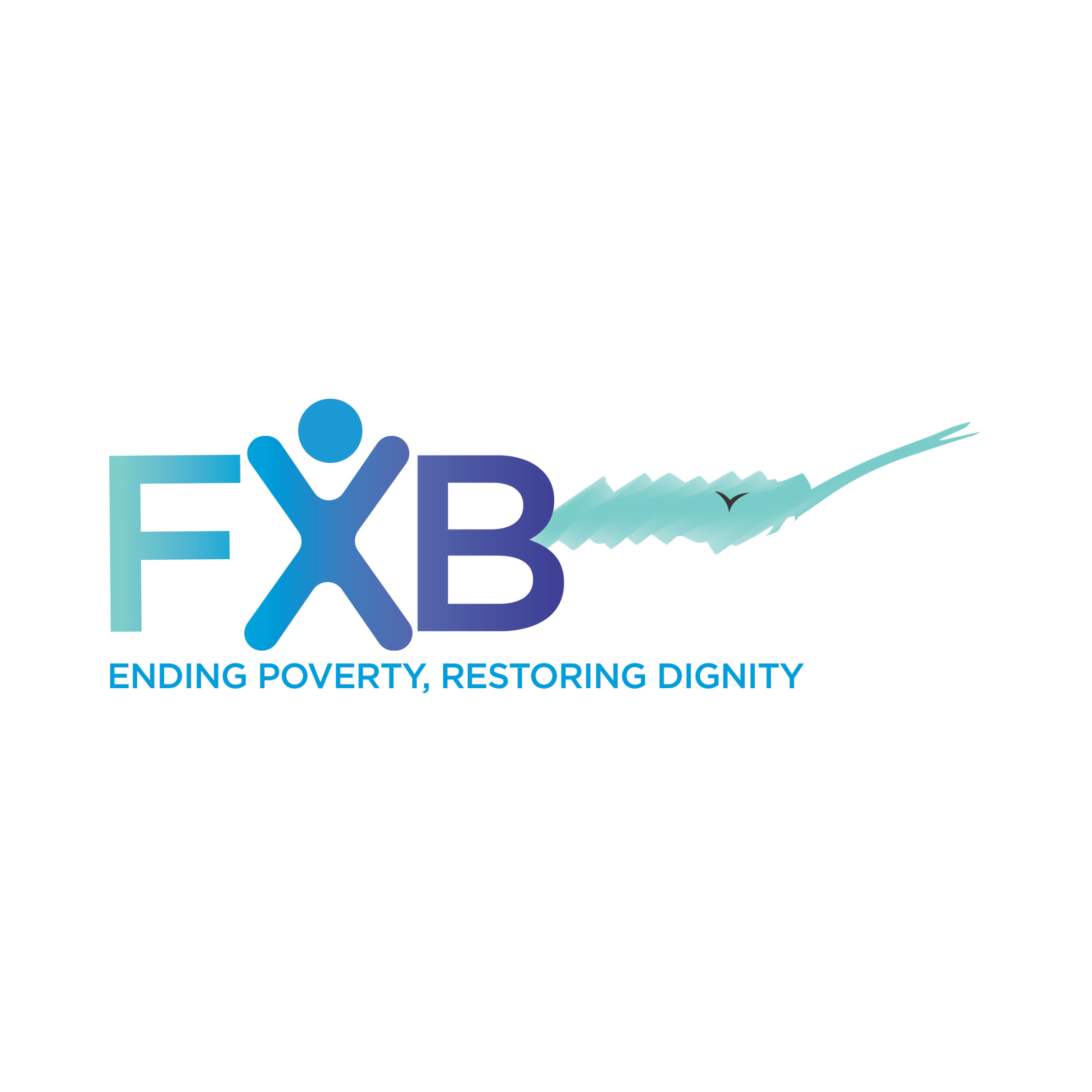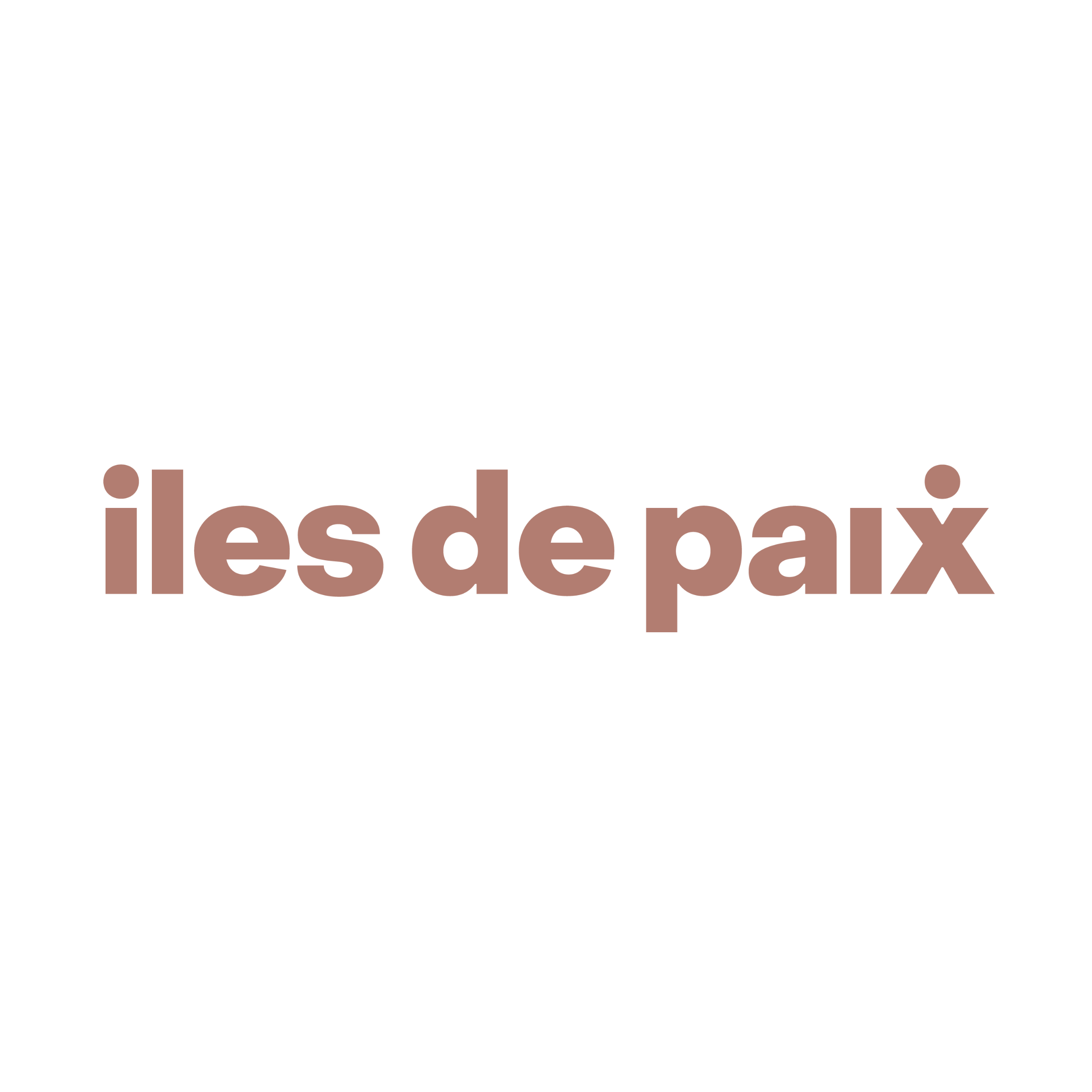The ‘ICI - Incubation, Creation, Inclusion’ programme, launched in 2018 in Lyon, helps vulnerable people to set up businesses. To foster long-term socio-economic inclusion, Entrepreneurs du Monde (EdM) launched a new phase in 2020, with a focus on sustainable catering, a promising sector, while providing access to a solidarity food truck and a kitchen laboratory to test projects in real-life conditions.
In 2020/2021, the Eurofins Foundation’s support has enabled the Programme ICI to accompany 29 people through a series of individual interviews to help them clarify their business creation projects. These interviews allow EdM to carry out a socio-economic diagnosis of their situation and thus evaluate the potential barriers to setting up their own business. The grant also helped the organisation to acquire and equip a service vehicle with refrigerator boxes for use by the entrepreneurs for meal deliveries.
Through the training and personal support received, entrepreneurs improve their knowledge and technical and soft skills, strengthen their professional network, and build self-confidence. Furthermore, the programme boosts their income and improves their living conditions, helping them to achieve sustainable financial autonomy and ensuring that local communities are more resilient to everyday life challenges.
The Nafa Naana programme aims at removing barriers to clean, modern and affordable cooking and lighting equipment for fuel-poor families. Its target population is women, who are the most affected by fuel poverty and indoor air pollution.
Between 2020 and 2022, with the support of the Eurofins Foundation, Nafa Naana was able to reach 9.900 direct beneficiaries and 44.100 indirect beneficiaries such as family members and retailers. Nearly 4.700 solar lamps and 7.700 pieces of improved cooking equipment were sold as part of the revenue generating activies.
Nafa Naana has also strengthened its product range by introducing hybrid solar freezers/fridges for productive use by micro-entrepreneurs, and new "pay-as-you-go" offers combined with solar lamps. The programme has also extended its activities to other geographical areas and developed a new distribution channel through Nafa Naana Representatives, shopkeepers or wholesalers present in areas where Nafa Naana had not yet developed networks. These representatives benefit from marketing support and enable Nafa Naana to increase the geographical coverage of its distribution network at a lower cost.
Nafa Naana was granted an opportunity to present its solar and cooking equipment offers during the General Assembly of the Regional Council of the High Basins (March 2021). More than thirty mayors of the different communes (urban and rural) of the High Basins Region attended the event. A new partnership was established between Nafa Naana and the Council in order to foster the distribution of clean and affordable energy equipment to the benefit of vulnerable populations.
In 2022/2023, the Eurofins Foundation focused its support on the Palmis Mikwofinans Sosyal: Strengthening the socio-economic inclusion of the most vulnerable people in Haiti through a holistic service offer including training and social support. Since 2003, Entrepreneurs du Monde, through its Palmis Mikwofinans Sosyal programme (PMS), has been supporting Haiti's most vulnerable micro-entrepreneurs (87% of whom are women) in the sustainable development of their income-generating activities, so that they can improve their living conditions.
These women come from the most disadvantaged areas of Port-au-Prince and from rural areas and are deeply affected by the terrible crisis ravaging the country. Thanks to PMS, they have permanent access to adapted training within their communities: management of income-generating activities (importance of regular savings, stock control), social issues (children's education), health (prevention of chronic diseases), environment (access to clean energy) and gender (women-men relations, sexuality)., Family support is offered in cases of specific difficulties, including individual follow-up, referral to partner organisations.
Thanks to the support of the Eurofins Foundation, the following indicators were achieved by June 2023: 13,836 micro-entrepreneurs were supported through 1,025 social interviews and 2,995 training sessions (1,814 on management of income-generating activities, 803 on social & health issues, 130 on the environment, 14 addressing gender, 234 about agroecology).
The Eurofins Foundation renewed its support to this project for the year 2023/2024.






































